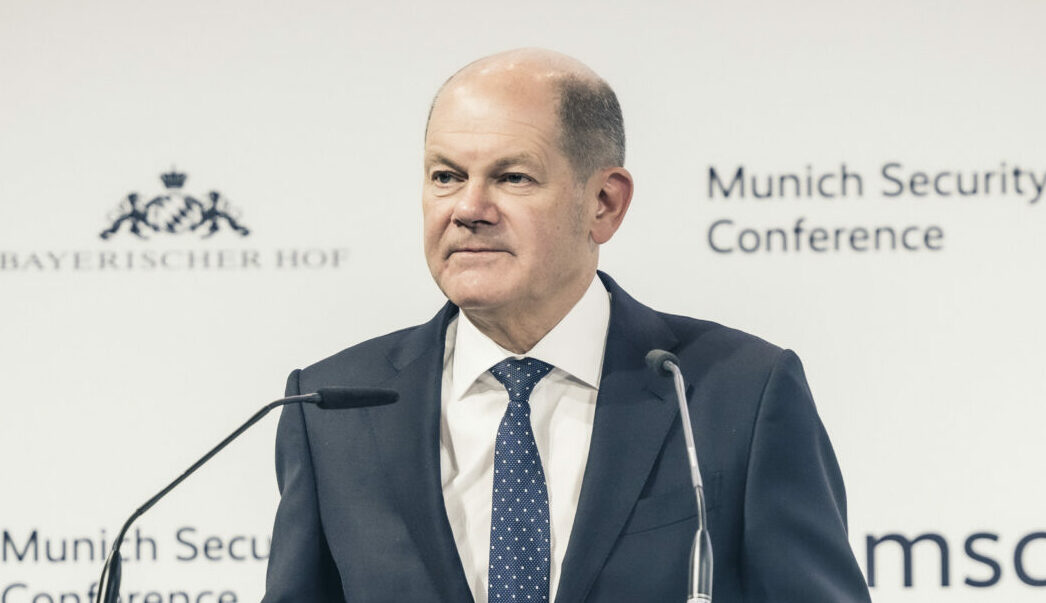Because the railway workers will block Germany

After the failed agreement with Deutsche Bahn for the renewal of the contracts, the railway workers in Germany have announced a strike for fifty hours. All the details in the article by Pierluigi Mennitti from Berlin
Fifty hours of continuous strike is the response of the railway union Evg to the lack of agreement with Deutsche Bahn (DB) on contract renewals. From 10 pm on Sunday 14 to midnight on Tuesday 16 May, hardly any convoys will move on the German tracks: neither goods, nor long-distance passengers and almost no regional trains.
To avoid what promises to be the longest strike in the already long history of this tariff tug of war, the two sides also negotiated in extra time, many hours after the abstention had been announced by the unions. The executives of Deutsche Bahn, the public railway company which holds the de facto monopoly on German railway traffic, claimed to have come very close to meeting Evg's requests and therefore asked for the strike to be canceled in extremis.
THE TOUGHNESS OF THE UNION AND THE PRECAUTIONS OF DEUTSCHE BAHN
However, the union's response was very harsh. In his opinion, Deutsche Bahn's proposal was purely a facade and did not meet the expectations of workers in the sector in the essential points. An ultimatum to the railway company set for noon on Friday the 12th fell on deaf ears. So no revocation and in a few hours arms folded and the paralysis of traffic on the tracks begins.
Deutsche Bahn has taken its precautions, which are drastic. All trains in the space between the 50 hours of the strike were suspended and an appeal was made to users not to even think about traveling during those two and a half days. Even the regionals will not be insured and experts think that very few will leave the starting stations.
The most serious inconveniences will affect commuters, it will be a serious problem to find efficient alternatives on two working days like Monday and Tuesday. Especially since in large cities, a part of the underground services (generally the surface ones) are managed by Deutsche Bahn and, although the alternatives with buses, trams and underground subways of the various city transport companies work, not everywhere it will be possible do without the urban trains managed by the railways.
For example, in the Berlin district alone, an estimated 320,000 commuters a day travel by local train from the surrounding Brandenburg region to the capital, for work or study reasons. In contrast, another 186,000 citizens from Berlin commute to Brandenburg every day for the same reasons.
THE LEGAL MINIMUM WAGE FOR RAILWAY WORKERS
At the moment, the central point of the dispute seems to be the statutory minimum wage, which some 2,000 railway employees receive only through allowances. Evg wants to include the statutory minimum wage of 12 euros in the tables before negotiating further increases in collective bargaining.
How distant the positions still are is demonstrated by the exchange of declarations between two exponents engaged in the negotiations.
Kristian Loroch, negotiator of Evg, declared that "it is shameful that a federally owned company continues to meet the minimum wage requirements established by law only with deception and wants to deceive the public opinion in this regard".
In a note, the union reinforced the concept: "We were willing to compromise to suspend the announced strike and start negotiations, instead DB preferred to focus on the division and takes the passengers hostage".
As the ultimatum expired (which must have greatly angered railway executives), Deutsche Bahn board member for personnel, Martin Seiler, said: “We have tried everything up to the last minute to avert the mad 50-hour warning strike by EVG”. For Seiler, Deutsche Bahn had assured the union that there would be no obstacles on the issue of the minimum wage and therefore the main request had been satisfied. “What else should we as employers do?” Seiler concluded.
Harsh tones and a rebound of responsibilities and accusations that will not be easy to mend after this long strike.
A CLASH THAT HAS BEEN GOING ON FOR A LONG TIME
The trade union struggle has been going on for some time, as has the negotiation. Already at the end of March, Evg, together with the service union Ver.di, had largely paralyzed rail traffic in Germany. At the end of April, Evg went on strike for eight hours. The union negotiates for about 230,000 employees. In the negotiation, the union is asking, among other things, for a twelve per cent increase in wages, but at least 650 euros more per month for a period of twelve months.
Deutsche Bahn wants to orientate itself on the public sector agreement. The offer includes a total of around 10 per cent more pay for low and middle income earners, eight per cent more for higher income earners and an inflation compensation premium of 2,850 euros more for all .
Another point of strong contrast is that the company has completely different ideas about the duration of the contract than the union. Deutsche Bahn aims for a duration of 27 months, more than double the 12 months requested by EVG, and the first phase of the salary increases will not take effect before March 2024. Until then, the inflation compensation offered will be paid over the course of several months.
During the pandemic period Deutsche Bahn and Evg had made a pact: union workers were protected from dismissal, in exchange they had waived a wage increase. In recent months, however, the news leaked by Business Insider of an increase in the basic salaries of Deutsche Bahn managers of up to 14% starting from January 2023 has contributed to poisoning the climate.
This is a machine translation from Italian language of a post published on Start Magazine at the URL https://www.startmag.it/smartcity/germania-sciopero-ferrovieri/ on Sat, 13 May 2023 05:23:28 +0000.
